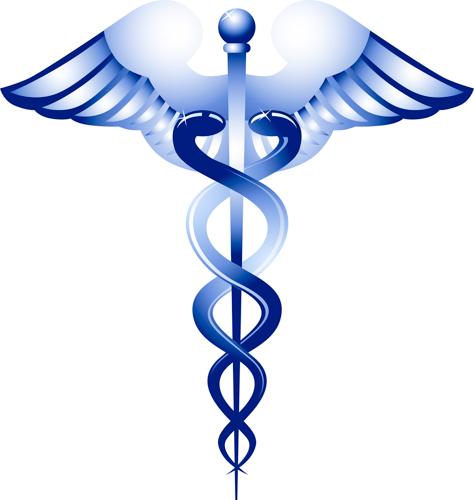Parkinson's Disease

Parkinson’s is classified as a “movement disorder,” and one of the most noticeable symptoms is a tremor, usually in the hands or fingers. Other symptoms include slowness of movement, muscle rigidity, stooped posture, difficulty with balance, and changes in speech and handwriting.
There is, however, a wide range of symptoms that are not physical—for example, mood changes, fatigue, sleep issues, and cognitive problems involving thinking and memory. Not every person with Parkinson’s experiences every symptom—the disease is noticeably quirky and unique to each person. Also, some people experience symptoms in relatively mild forms, while others have significant problems with daily activities such as getting dressed or preparing meals.
Parkinson’s Disease seems to be in the middle of a transition to a new name: PD. Like TB or MS, Parkinson’s is starting to become known as much by its acronym as by its full name. Perhaps this is prompted by a desire to make the disease seem less scary. In any case, it used to be known as “shaking palsy,” so PD is a distinct improvement.
While the causes of PD are not known, it’s clear what brings about the symptoms. Certain nerve cells (or neurons) in the brain break down or die, and in those with PD these neurons tend to be those that produce a chemical called dopamine. When dopamine levels decrease, the result is abnormal brain activity, and this leads to the symptoms of the disease. It’s not surprising that one of the most effective treatments for the symptoms of PD is Sinemet, a combination of levodopa and carbidopa. (Levodopa turns into dopamine in the brain, and carbidopa prevents levodopa from breaking down in the bloodstream, so more levodopa can enter the brain.) It’s important to note, however, that this medicine only treats physical (i.e., movement) symptoms, not emotional or cognitive ones. Other treatments that show promise in treating the disease include Deep Brain Stimulation and, more recently, focused ultrasound.
While there are no proven ways to prevent cognitive changes, researchers suggest approaches that might be helpful—and certainly can’t be harmful—in dealing with symptoms of the disease. The most important strategies are to remain physically active and to eat a healthy diet. Other significant approaches to deal with the disease include being socially active, keeping your brain active (through such things as crossword or jigsaw puzzles or learning a new language), reducing stress (because stress exacerbates the symptoms of PD), getting a good night’s sleep, and getting help for medical conditions such as diabetes, high blood pressure, and high cholesterol.
You might want to consider consulting a neurologist if you feel you’re experiencing some of the early symptoms of Parkinson’s: a slight tremor, stooping or hunching over, loss of smell, slurred or slowed speech, or balance problems. Neurologists with special training in dealing with PD are called movement disorder specialists, so you might want to seek out a physician with expertise in this field.
For those with PD—and for caregivers dealing with loved ones with the disease—there are local resources that might prove helpful. Once a month a Parkinson’s support group meets at Sentara RMH. (To register call 540.810.5210.) Recently, Rock Steady Boxing, a non-contact boxing activity that has proved beneficial to many Parkinson’s patients, has begun at the RMH Wellness Center. (For more information call 540.305.7508.) And finally, JMU Professor of Dance Kate Trammell and a number of her students have been offering Dance for Parkinson’s, a movement-based class that has been highly recommended by neurologists and movement disorder specialists. (For more information contact Kate Trammell at trammekx@jmu.edu.)
--John Noffsinger